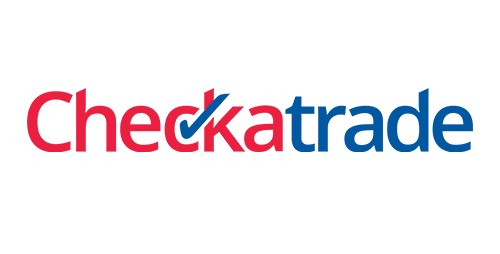Checkatrade, the most well-known home improvements services in the UK has managed to successfully transform its business from a paper-based directory to an innovative digital marketplace. Representing 47,000 trade members across the UK, this app is not only essential for the public – ensuring they get qualified and trustworthy workers for their homes – but also for the trade members themselves, as it provides them a platform to promote themselves and grow their businesses.
Checkatrade’s website has over 39 million visits a year and features over six million published customer reviews, making it easy to find a trade or service anywhere in the UK. Despite this, the future growth and success of the business is at risk, owing to Apple’s aggressive stronghold on the app marketplace.
No Improvements for the Home Improvements App, say Apple
So far, Checkatrade has created a platform for trades to run and promote their businesses more effectively, allowing them to upload pictures of their work and keep track of jobs that have come through on the app.
However, Checkatrade wants to advance the app’s capabilities, to help trades manage their businesses even more effectively. For example, Checkatrade would like to add a feature to the app, which enables businesses to suggest how much work they can take on, depending on their calendar, so they don’t become over or under-booked.
Apple is refusing to green-light this in-app functionality, and is even refusing to signpost the journey, claiming it would require an in-app purchase option, which would then be subject to a 30% charge on revenue. This would subsequently eat into Checkatrade’s revenue and ability to invest in further improvements, ultimately disadvantaging both trades and their customers.
Our trades should be able to manage their businesses to fit with the economy rather than to fit within Apple’s rules.
Knock-on Effect for Small Businesses
This mandated 30% charge on revenue fundamentally leaves the app developer with two choices:
- Avoid upgrades to the app, which will trigger this charge, at the expense of the app’s potential and usefulness.
- Pass the 30% charge onto the app’s customers, which will then negatively impact them, their businesses and see end user home improvements cost more.
In more regulated markets, Checkatrade would at least have the option of seeking an alternative app store, which offers a better deal. However, in the app marketplace market, this isn’t possible, as Apple is dominant.

